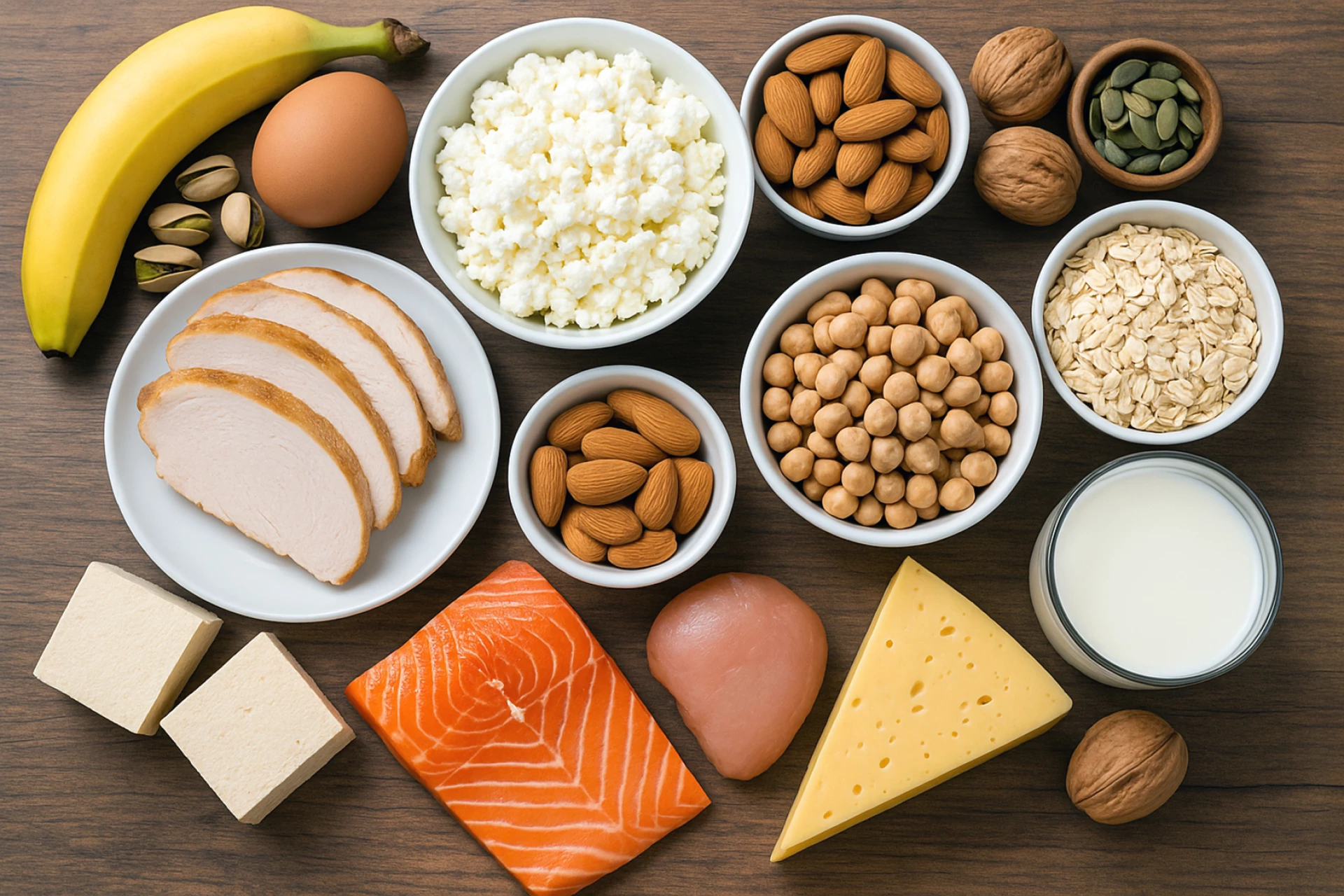Something unexpected happens deep in our guts when we eat a diet rich in fat: the very cells that help regulate appetite and blood sugar—enteroendocrine cells (EECs)—start to disappear. These specialized gut cells produce glucagon-like peptide 1 (GLP-1), a hormone at the heart of popular weight-loss drugs like Ozempic and Wegovy. But a new study suggests there’s a natural way to coax the body into making more of these cells—without the drugs.
The key lies in tryptophan, an essential amino acid we get from food like turkey, dairy, and legumes. Our bodies can’t make it, but gut bacteria can break it down into useful compounds—one of which, indole, has a surprising role: it appears to stimulate the regeneration of EECs. That means more GLP-1, and potentially better metabolic health.
In this research from Marshall University, scientists explored how obesity impacts the gut’s hormone-making machinery. They found that obesity significantly reduces the number of EECs in the colon—by around 60%—along with a drop in critical genetic signals that guide stem cells to become EECs in the first place. But when human colon organoids—lab-grown mini-guts—were treated with indole, things changed.
Indole, a byproduct from gut bacteria munching on tryptophan, restored the expression of CHGA, a protein marker for EECs. The team also tested Lactobacillus acidophilus, a common probiotic, grown with and without tryptophan. The bacteria grown with tryptophan caused a much greater EEC-boosting effect. The catch? This effect was blocked when researchers added a chemical that shut down the aryl hydrocarbon receptor (AhR), a protein that turns on certain genes. That told them AhR is the critical switch indole flips to trigger EEC regeneration.
So, what does this mean? If the results carry over to humans, there may be a way to stimulate GLP-1 production naturally—by supporting specific gut bacteria with tryptophan-rich foods or supplements. This could help restore the gut’s hormone-secreting ability and improve metabolic function, without relying on injected drugs that often come with side effects like nausea or fatigue.
It’s still early days. The study used rats and human organoids from healthy individuals, which means more research is needed, especially in people with obesity or diabetes. Still, it’s a compelling look at how the microbial world inside us might be leveraged to treat chronic diseases with little more than smart nutrition and targeted probiotics.
For more details, see the via New Atlas.
